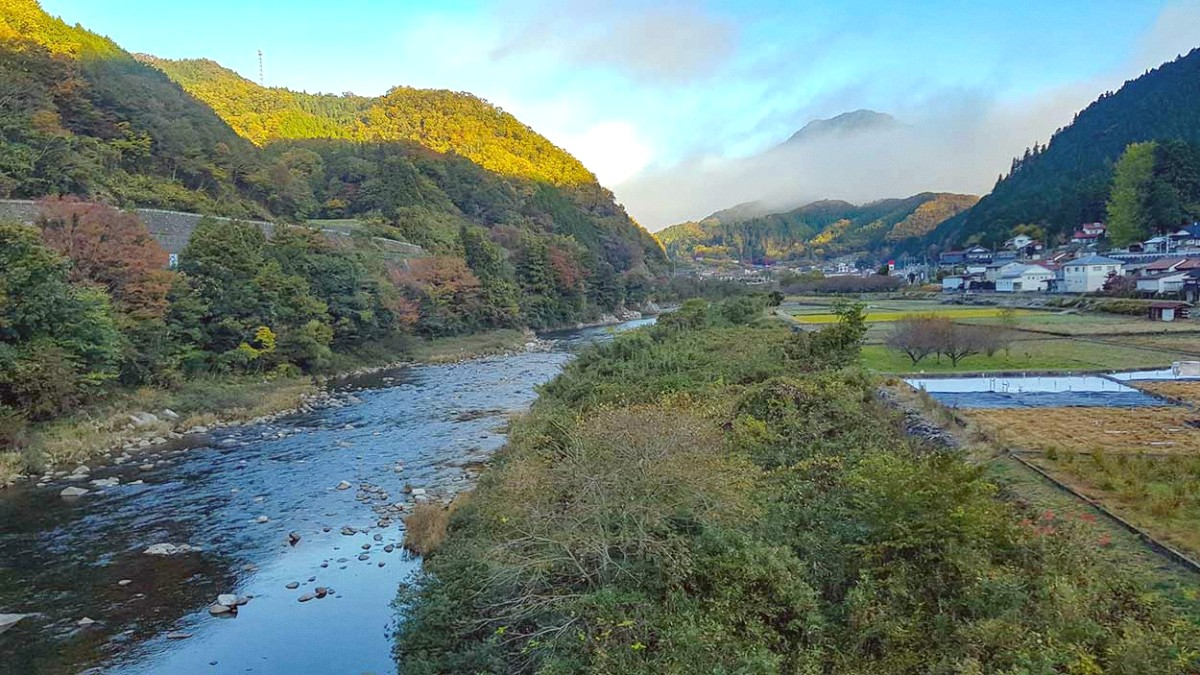
Japan
Hiroshima's natural surroundings present several avenues for outdoor exploration.
Popular hiking destination with trails from moderately challenging to steep ascents. Accessible by ropeway or hiking trails.
Offers gentle walking trails around the temple grounds, featuring three waterfalls. A peaceful and less strenuous option.
Features pleasant walking paths throughout the park, presenting city views and a good place for a leisurely stroll.
High-adrenaline adventure sports are not a main focus in Hiroshima, but ample cultural and gentle outdoor experiences exist.
Engage deeply with Japanese culture through various hands-on experiences and performances.
A traditional sacred Shinto dance, often performed at local shrines or cultural events, combining music, dance, and storytelling.
Staying in local guesthouses, frequenting small, independent shops, and engaging with local restaurant owners can present authentic interactions.
Hiroshima Flower Festival (May) and Toka Ebisu Festival (November) are lively. The Peace Memorial Ceremony (Aug 6) is a solemn annual event.
Casual interactions with locals are the best way to practice simple Japanese phrases. A pocket-sized Japanese phrasebook can be helpful.
Support local artisans and businesses to ensure your spending directly benefits the community. Avoid purchasing items from endangered species.
For a wide range of experiences and tours, including Okonomiyaki cooking classes and cultural tours, check platforms like GetYourGuide.
Find moments of calm and rejuvenation in Hiroshima's serene spaces and wellness facilities.
Acupuncture and traditional Japanese massage (shiatsu) are available from licensed practitioners throughout the city.
Yoga and meditation retreats are less common in urban Hiroshima. Look for specialized centers outside the city.
Limited within Hiroshima city. Beaches are found along the Seto Inland Sea coastline, accessible by local transport.
Various bars and clubs, especially in the Nagarekawa district, host live bands, often featuring local Japanese artists.
Hiroshima presents several performing arts venues that host local and touring productions, including plays and classical concerts.
Nagarekawa is the heart of Hiroshima's nightlife, densely packed with izakayas, bars, and multi-story karaoke boxes.
Hiroshima delivers diverse shopping opportunities, from traditional crafts to modern fashion.
Kamiyacho and Hatchobori areas are home to major department stores (Sogo, Fukuya) and upscale boutiques.
Look for local craft shops selling items made from traditional Japanese paper (washi), pottery, or other regional crafts.
Support local artisans and businesses. Avoid purchasing items made from endangered species or those promoting unethical practices.
Many stores offer tax-free shopping for tourists spending over ¥5,000. Show your passport at purchase. Keep the tax-free sticker until departure.
Purchase sake from Hiroshima's renowned breweries. Look for lemon-flavored sweets, drinks, and cosmetics as Hiroshima is a major lemon producer.
Books on Hiroshima's history, paper cranes, or small commemorative items from the Peace Memorial Park shop present meaningful reminders of your visit.
Japan Post offices offer international shipping services. Familiarize yourself with your home country's customs regulations for imported items.
Utilize these tips to help plan and enhance your Hiroshima journey.
Carry translation tools, like smartphone apps or pre-printed cards, for dietary needs and general communication.
Engage with local communities and support local businesses to enrich your experience and benefit residents.
Approach historical sites with respect and a spirit of reflection for their profound significance.